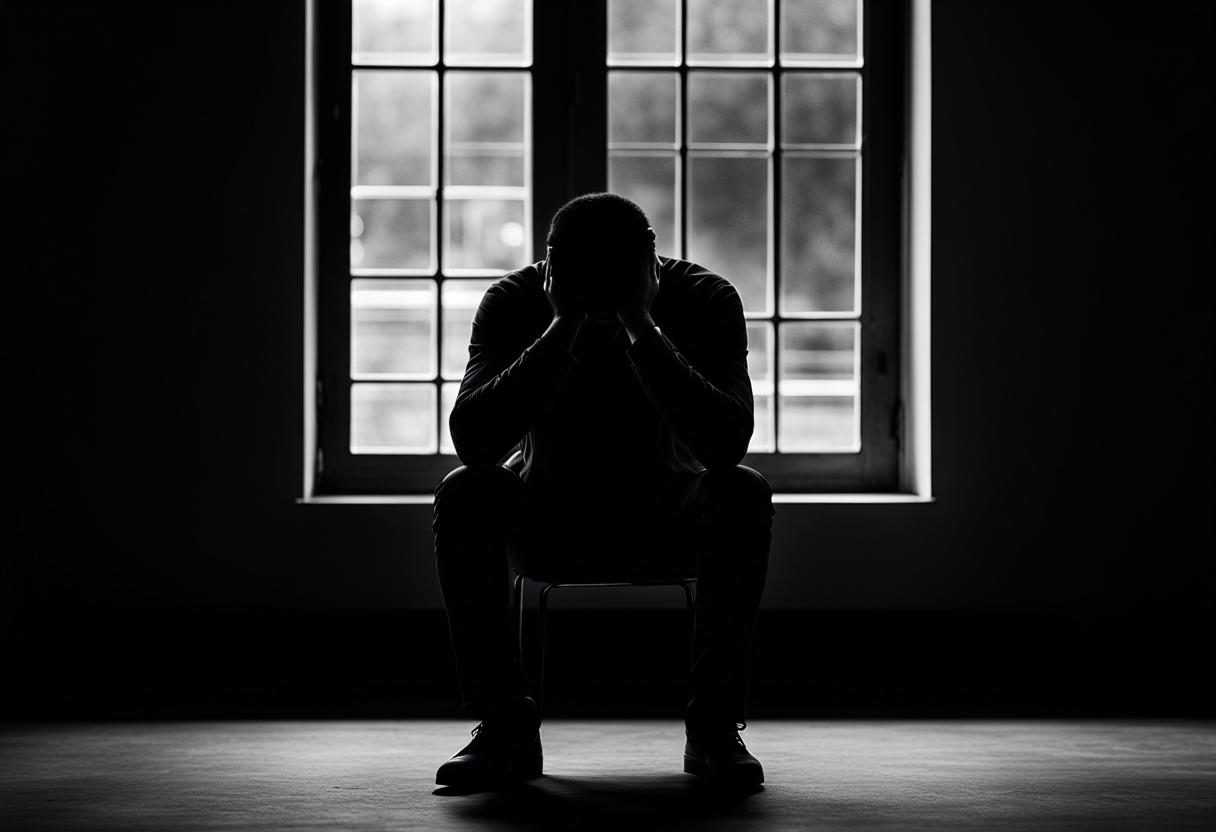In a statement given in front of a High Court judge, Darren Coleman argued that the mental health services in Ireland are in dire need of improvement. His declaration came during the settlement of a case concerning the healthcare provided to his 34-year-old wife, Nicola Keane. Ms. Keane, who suffered from post-partum depression and psychosis following the birth of their son, tragically ended her own life and administered a fatal dose of medication to their baby, Henry.
Nicola’s lifeless body was found in west Dublin in the early hours of October 22nd, 2020. Later that day, officers visited her Lucan home to inform Mr. Coleman of his wife’s tragic end. To his devastation, he found their son Henry lifelessly lying in a back bedroom, having fallen asleep unaware of the unfolding tragedy.
The court heard the chilling details of the case from Bruce Antoniotti SC, counsel for Mr. Coleman, who was aided by solicitor Rachael Liston. The night before the tragedy, Ms. Keane, a paediatric nurse, had chosen to stay with their unsettled son, Henry, in a spare room. Unbeknownst to Mr. Coleman, she had tragically administered a fatal dose of medicine to the child.
The grieving widower commenced legal proceedings against Children’s Health Ireland (CHI) and the Health Service Executive (HSE) for the circumstances that led to the tragic demise of his family. Allegations were made that the mother and child were due an obligation of care in diagnosing, managing, treating and caring for Nicola’s severe mental illness, along with the identification of the potential risk of both maternal infanticide and suicide.
The HSE admitted to a breach of duty for not understanding that Ms. Keane was suffering from psychotic depression, failing to communicate her wellbeing to Mr. Coleman, and neglecting to ensure she received inpatient treatment before October 13th, 2020. However, CHI rejected all the accusations directed towards them.
An expression of regret was presented to the court on behalf of Dublin South, Kildare and West Wicklow Mental Health Services. Mr. Coleman said, following the settlement of his case after mediation, that his wife had been forthright about her mental struggles to her medical team, explicitly stating her lack of improvement and alarming thoughts. He lovingly remembered his son as an adorable and curious child who was admired by everyone.
Mr Justice Coffey was informed that the mental healthcare system in Ireland is flawed and isn’t a top priority. The importance of investment into mental health was emphasised, stating individuals suffering from mental health complications don’t get the equivalent care as those with physical ailments.
His reassurances to those associated with his wife’s healthcare were also recounted, insisting that they should not feel self-reproach. The court was told by the counsel that in August 2020, Mr Coleman was assured that everything was all right and his wife’s postnatal depression had seen progress once he announced his return to his job.
Unfortunately, in the months of September and October, Ms Keane’s mental health took a turn for the worse and her medication dosage was heightened twice. The counsel argued that if Mr Coleman was made aware of his wife’s deteriorating mental health, he would not have resumed work.
While acknowledging the settlement, Mr Justice Coffey recognised it as a sorrowful and disturbing case and extended his deepest sympathies to Mr Coleman and the broader family.
If this story causes any feelings of distress, The Samaritans provide support via phone at 116 123 or via email at [email protected].

